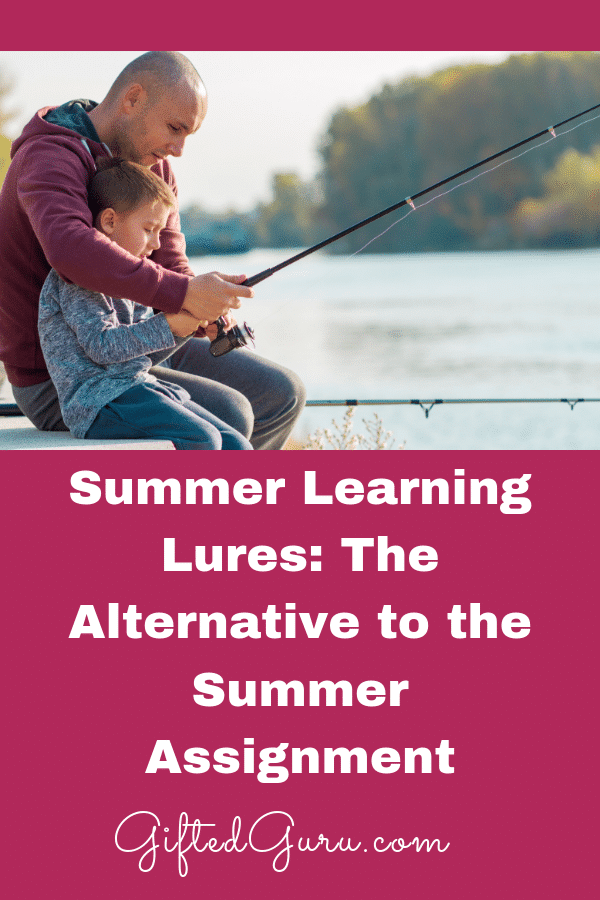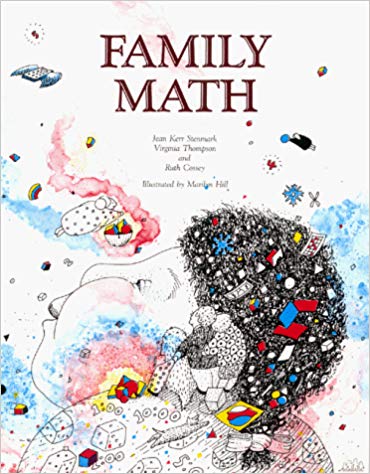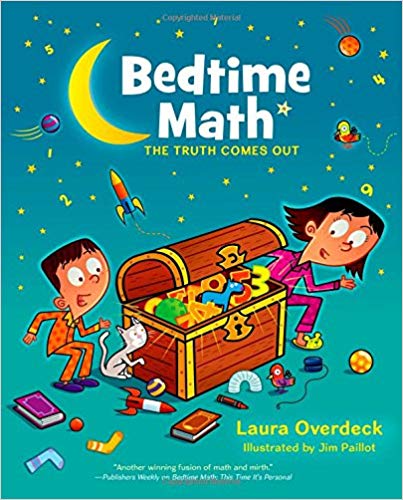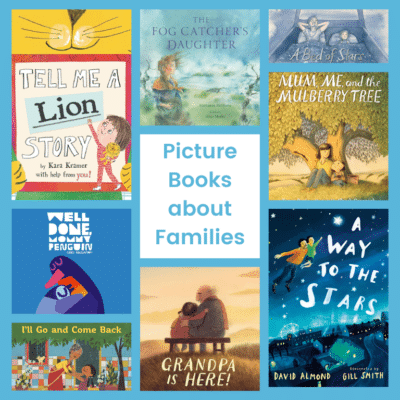Look, I get it. We want kids to read. We want to avoid the dreaded “summer slide.” We want kids prepared for the work they’re going to have. But Friends, there’s a better way than packets and assigned tasks that go undone, leading students to start a new year behind and feeling either defiant or discouraged or both.
In this article, I argued that summer assignments are not the way to go. Now, I’m going to share my alternative.
The Backstory
When my youngest son got the same Tale of Two Cities assignment that his brothers had, I decided enough was enough (see Why Schools Should Ditch Summer Assignments for the whole story).
I created a Tale of Two Cities Experience for him and his friends. Everyone at his school who wanted it was welcome to it. It was an interactive, guided tour of the novel, written in a friendly format as if I were talking with the kids.
And then I actually talked with them. In person. Crazy, right?
This is what The Experience starts with:
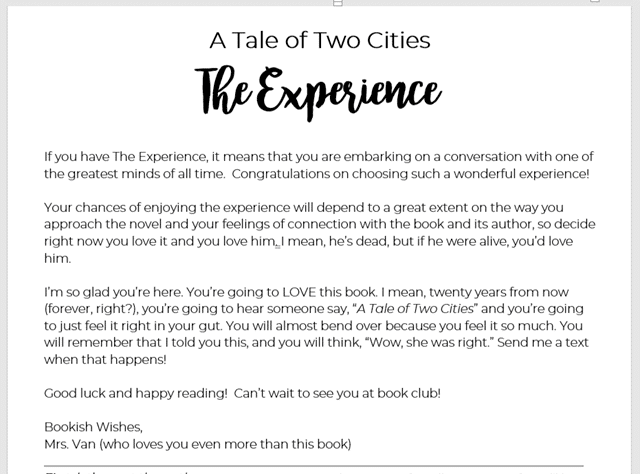
Once every three weeks, the kids who had chosen to use it were invited to my home for “book club.” We talked about what had happened, we discussed what they had written in their Experience, and when we were finished with the novel, we all watched a great screen adaptation and compared it to the novel.
The kids who chose to participate had a wildly different experience than those who didn’t. They genuinely cared about the novel. It had affected them. It had meaning to them. When they returned to school, they rivaled the teacher in their passion for the novel.
It’s like fishing.
Imagine catching a fish. If you leave a bare hook dangling in the water, the odds that a nice, juicy bass will nab that hook are slim and none.
If you have a beautiful lure instead, you will be able to catch that bass and have a good time, too, because you will know your lure is gorgeous.

It feels good to have a gorgeous lure, it really does.
What does a summer learning lure look like?
It’s an opportunity to engage in pain-free, no-guilt learning. The key difference between a summer learning lure and a summer assignment is that it’s an invitation, not a shove.
How do you create them?
First, consider what the desired outcome is.
- Do you want kids reading in general?
- Do you want kids to remember key skills and ideas?
- Do you need to try to cover gaps that you see frequently in incoming students?
The goal will determine the kind of lure.
For example, if you want students reading in general, consider:
- Connecting them to summer reading programs in your area.
- Having them track their reading in a fun way, such as a virtual mile for every page read. Can the incoming class get across the state or country?
- Supporting family book clubs, reading books together as a family and having a book club experience by giving parents ideas and resources.
- Sharing free resources with parents, such as the local library’s audio book app.
- If you want students to read a specific text, consider creating an experience guide for it.
- Record videos of former students talking about the novel and why the loved it or giving synopses of chapters.
- Create an online/interactive document that students AND teachers can engage in.
- Host book club (even via Skype or similar).
- Above all, make it a worthwhile, respectful experience.
What about Mathy Goodness?
If you want kids to practice math skills, consider how many life skills are math skills.
I got this Family Math book when my kids were young, and I loved it.
I like the Bedtime Math book, too.
From books like these, we see that kids don’t need to do packets to “do math.” We can have kids engage in math in ways that don’t feel forced.
You could also consider:
- Send home simple recipes that use fractional ingredients (like 1/4 cup, etc.)
- Older students? Share links to cool online videos of mathematicians.
Key Ideas Here:
- A lure is an invitation. Don’t make anything mandatory. Make it attractive and voluntary.
- Consider how you can make it clear how the experience fits in their lives and make a real connection.
- Parents want their kids to maintain their skills over the summer, and they also want family time. These are not incompatible goals.
What Parents Can Do To Make a Learning Lure
Let’s say your kid’s school district didn’t read my article and is still assigning summer work. Sorry.
What if you realize that you have a role to play in making sure your child’s summer has the opportunity for brain play as well as body play.
What can you do?
Well, you can make your own lure. If they’re reading a book, do this:
- Find out all you can about that book. Read the reviews on Goodreads. Read the Wikipedia entry. Why is this book considered worth reading?
- Learn all you can about the author. What influenced the writing of this book? What is interesting about the author’s life?
- Get a copy for everyone in the family old enough to read it. If you have more than one kid with a summer read, no worries. You can read more than one book in a summer. It’s allowed.
- Get an illustrated or graphic version of the book, if you think your child would like that version.
- I wrote about creating a book club for kids, so read that article and create a family book club.
- Know any other kids who have to/get to read the same book? Consider inviting them. Let’s party-fy this experience!
- Write a review of the book and post it on Amazon/Goodreads/wherever. I wrote about that, too.
- Find an audio version of it and keep that in the car. Listen while you drive and then move your place forward when you get home. That will let you hear a (hopefully) strong reader.
- Watch the movie (if available) when you’re done. Watch the movie first if the book is super complicated. It can build a schema for the child.
- Decide if it belongs in the family canon of books. Read Ben Sasse’s ideas about that.
- Select other books the family will read so that it’s not just this one assigned book, but rather a summer reading experience as a family.
- Read out loud to kids, no matter how old they are. I was still reading aloud to my kids until the day they left for college. No lie. There is power there. Deep, real power.
- Donate the book to a Little Free Library when you’re finished. Put a note inside about why you think it’s worth reading.
- Can you get grandparents in on the action? That would be awesome!
What if your child has a math packet?
This one is a little trickier, but here are my ideas.
- First, make a copy of it and do it with your child. I mean it. Sit down at the kitchen table and work on it yourself with your child. Play some good thinking music, have a great snack, and make it an experience.
- Since it’s a low-level task, consider attaching a reward to it that is outwardly focused. What I mean is select a charity that the child cares about, and commit to make a donation for every problem/minute the child completes/spends on the math packet. Choose an amount your budget can handle, of course.
- Have a real discussion about the “why” of the packet. Why do teachers feel the need to do this? What problem are they trying to solve? How do you think they feel when students don’t do it? What could they do instead?
- Give the child cool tools (scented mechanical pencil, erasable pens, awesome eraser) to use.
- Celebrate the completion. Really celebrate. Have an “I did it!” Celebration.
Wrapping Up:
I’m a big believer in life-long learning, and I think that it looks different during the school year than in the summer.
In the summer, it should be optional and attractive. Those are the key words.
Both parents and teachers have a responsibility to make sure students don’t go backwards on the skills continuum during the summer.
We do that with a lure, not an assigned text, and not a packet of problems.
You May Also Like:
- 6 Things Kids Should Be Doing this Summer (and one thing they shouldn’t)
- Why Schools Should Ditch Summer Assignments
- 3 Reasons I Loathe Accelerated Reader
Would you like to receive my free monthly newsletter? Sign up and receive a free guide for helping gifted children thrive in school.

